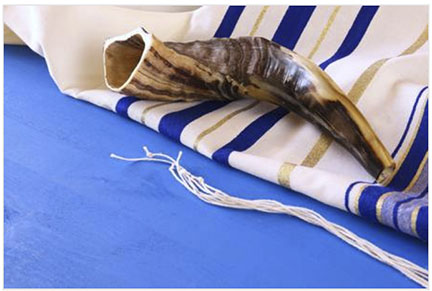Congregation Beth Mordecai
Congregation Beth Mordecai
An inclusive congregation affiliated with the Conservative Movement.
Your Jewish Home for the Soul!
An inclusive congregation affiliated with the Conservative Movement.
Your Jewish Home for the Soul!

The High Holy Days are just around the corner! Click “Read More” for a Schedule of Services and other important information. Our home for Rosh Hashannah and Yom Kippur will be: The Sheraton Edison Hotel at Raritan Center, 125 Raritan Center Parkway, Edison NJ 08837.
Read More
Parashat Mishpatim contains one of the largest collections of mitzvoth of any single parashah. It ranges from the laws of slavery, to property damage, to personal injury law, to some agricultural laws. If you can think of a legal matter that is about the proper functioning of society, it can be found in Mishpatim.
Read More
We are probably aware that the month of February is Black History Month. School children across the nation are exposed to black writers and thinkers as they devote classroom time to the history of black people in America. Given the events of last spring and summer, and the renewed spirit and energy in the fight […]
Read More
We find ourselves in the midst of the Joseph section of the book of Genesis. You know the story. Joseph, the second to youngest of 12 brothers, is sold into slavery for his annoying tendency to share his dreams which often depict him ruling over the family. As you might imagine there was some tension between Joseph and his siblings.
Read MoreThere is a Far-Side cartoon that depicts God creating the world. In it, God is seen wearing an apron and chef’s hat surrounded by all of the necessary ingredients to create the world. Shaking a container labeled “Jerks” onto the Earth a thought bubble appears from God’s head that reads “Just to make things interesting”. The image of God as cosmic chef or maybe even mad-scientist is a common one. But is that how our tradition views the creation?
Read More